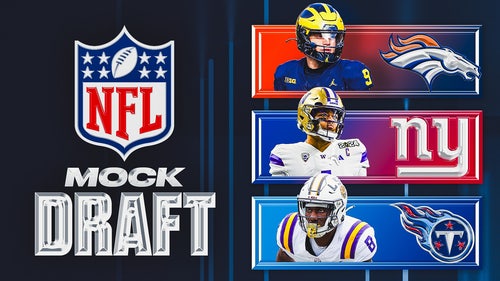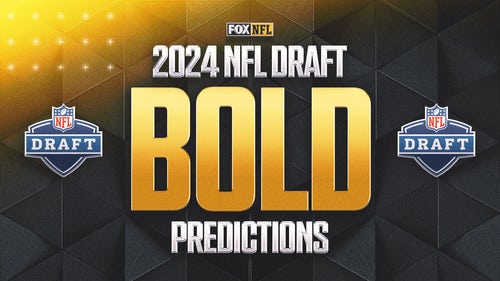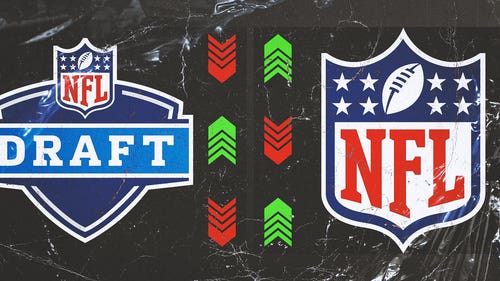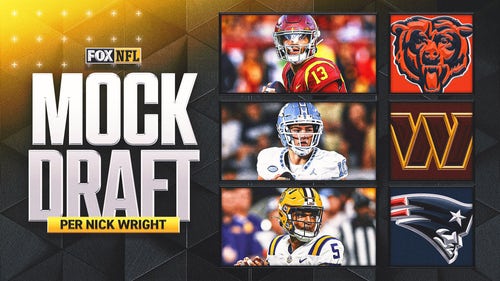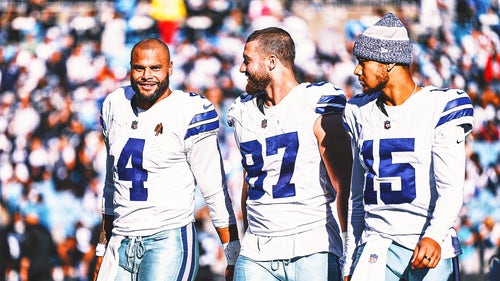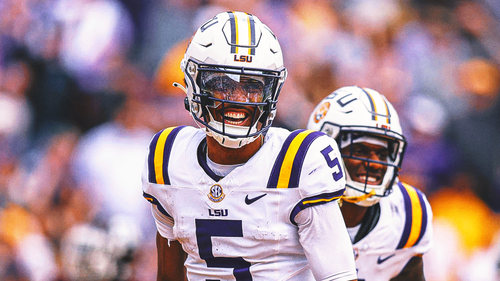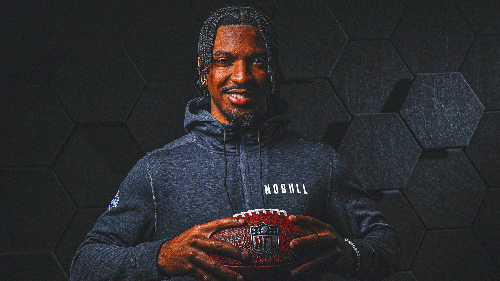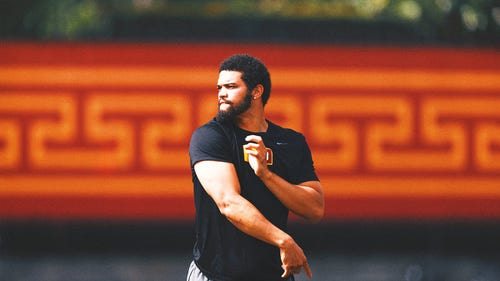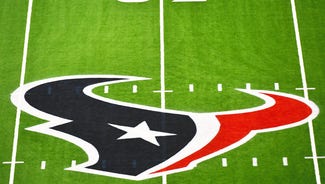
Fifty years later, Bob Lilly remembers playing after JFK assassination

The Dallas Cowboys had always been an abstraction.
What makes sports work as entertainment is the idea that the competitor in some way serves as a representative of his fans. It's what allows a 53-man roster whose composition is a soup of American high school football -- some from Texas, some from California and Florida and some from the Rust Belt (tough kids, there) -- to dress in blue and white and suddenly represent "The Dallas Cowboys."
Most of the time a Dallas Cowboy is a nice thing to be. But not always.
"We did get a few bottles thrown at us," Bob Lilly remembered Monday.
On Friday, Nov. 22, 1963, President John F. Kennedy was going to be traveling through Dallas in a motorcade and most of the Cowboys were hoping to go see him.
As Lilly recalls, the Cowboys were mostly Kennedy supporters. Well, the Cowboys had practice, so they couldn't go. During the practice the equipment manager comes out and says something to Tom Landry and the coach calls over the team. He tells them the president and the governor (John Connally) have been shot.
"He said, 'Anyway, we're going to go ahead and finish practice,'" said Lilly, an 11-time Pro Bowler who played for the Cowboys from 1961-74. "'We're just gonna have to see what happens here, but we'd better prepare ourselves to go to Cleveland.' That was about the gist of it."
The Cowboys had a game scheduled in Cleveland two days later. They didn't feel like playing.
"We were all pretty young," Lilly said. "I could tell it took a big toll on Coach Landry. We really didn't know what to do."

One day after the assassination, the effects were felt across the globe. Here, players for Fulham soccer club in England observe a moment of silence.
Behind the shield, Cleveland Browns owner Art Modell is said to have urged NFL Commissioner Pete Rozelle to postpone the game. The Dallas Cowboys were going to run out onto an NFL field with a big star on their heads and prance around like the president hadn't just been assassinated in their city? Two days was too raw for something as pageant-like as professional football.
"People up there were pretty mad at Dallas, and I don't blame them," Lilly said. "They were kind of mad at us because we were from Dallas."
The Cowboys who have spoken about their arrival in Cleveland over the years have always mentioned a scene they endured when they were collecting their bags. The bellhops at the hotel turned their backs on the Cowboys, so they carried in their own bags. They knew then they were not welcome in Cleveland that week.
Before the game, Landry told all the players to keep their helmets on and parkas zipped up over them while they were standing on the sidelines. Landry suspected they were going to get things thrown at them, and he was correct. Lilly doesn't remember anybody getting hit, but he remembers some bottles flying in their direction, and he remembers Dallas getting a good dog-cussing.
"I would have probably felt the same way if I'd have been a fan," Lilly said. "(But) two-thirds of the players on our team weren't even from Texas. Probably more than that."

On the same day the Cowboys and the rest of the NFL played, the Kennedy family mourned the President's death in Washington.
The players on that team have been interviewed about JFK with a reliable frequency since that November day.
Lilly can speak in a stream of consciousness learned over the years that anticipates your next question and answers it without it even being asked. He felt a stigma growing like a moss on the Cowboys and on Dallas.
Part of the stream of consciousness is the idea that these guys from Florida, Ohio and California represented Dallas in name only -- they didn't have anything in common with Lee Harvey Oswald.
At that time, the media covering the Cowboys on a regular basis were just the local media, so the JFK angles came and went, but they always came back.
"We always had to comment about it when this time of year rolled around," Lilly said.
It was hardest right at first. The news of the assassination drained the red right out of the Cowboys' blood. They didn't feel like playing anyway, and their icy reception in Cleveland showed them just what they were.
The Dallas Cowboys were the most visible and most glamorous representation of the city of Dallas, where the president had been killed.
"It was pretty morbid," Lilly said.

Lilly missed the Pro Bowl just three times in his 14 seasons with the Cowboys.
They played poorly in Cleveland that day and got beat. After the game, they said whatever they had to say, showered, got on a bus, got on a plane and flew home. They didn't stop for dinner, and they didn't stop to watch the news.
The whole rest of the season was like that, with the Cowboys showing up, playing and going straight to bed. Lilly, who played on the Cowboys' Super Bowl VI championship team and holds the record for the game with a 29-yard sack, thinks things might have been a little better if the NFL had just postponed games for a week or so.
Let the Dallas Cowboys turn down the music a little. Pay their respects.
Rozelle would later call the decision his biggest regret. Even the Cowboys' opponents felt for them.
"Some of them came up to us and said we know you guys had nothing to do with this," Lilly said. "One of them said 'We're sorry that our fans were hard on you today, but there's a lot of ill will right now toward Dallas.'"
Everywhere they went, people booed and cursed their name because how else was Dallas ever going to hear it? It wasn't logical -- people had anger, and the Cowboys gave them something at which to point it.
By 1966, though, the Cowboys had gotten through it and gotten through it and finally come out the other side. People stopped booing everywhere they went, anyway, and the team had gotten better.
Lilly was born in Texas, played for the Cowboys and still lives in Texas today. Fifty years later, Lilly still feels there is some of that moss left on the Dallas name. Like he and the city have something sticking to them.
"The stigma lasted quite a while," he said. "I don't know that it's gone away totally now."






































































































































